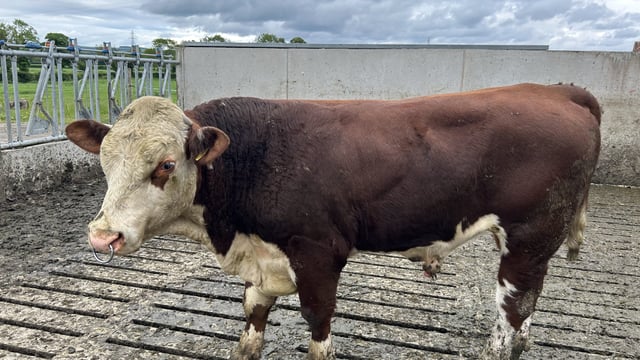DAFM considers additional bluetongue testing services
The Department of Agriculture, Food and the Marine (DAFM) is currently considering options in response to a potential increase in testing for bluetongue virus (BTV).
Although Ireland is currently free of bluetongue, the risk of an outbreak here has increased.
BTV serotype 3 was first detected in the Netherlands in September 2023. Since then, it has spread widely across mainland Europe and Britain.
Bluetongue is viral disease which can be spread by certain species of biting midges and affects wild and domestic ruminants such as sheep, goats, cattle, deer and camelids.
It can also be spread through the movement of infected animals, through biological products such as blood, semen, eggs or embryos and by imports from countries where the virus may be circulating undetected.
The virus does not infect humans and there is no risk to public health or food safety.
Bluetongue
DAFM is requesting information from potential suppliers for PCR (polymerase chain reaction) testing of blood samples to detect bluetongue infection in ruminant species.
In the event of a confirmed outbreak of BTV, the department said that the disease control measures will depend on a range of factors including, time of year, outbreak location, average temperatures, the epidemiological situation and the availability of vaccinations.
It is likely that "enhanced active surveillance testing" of susceptible animals will be carried out, the department said.
DAFM added that using PCR tests on blood samples to detect bluetongue virus will likely be an important part of its response to an outbreak of the disease.
This testing is currently carried out by the Irish National Reference Laboratory.
"In the event of an outbreak, demand for bluetongue testing may exceed existing laboratory capacity.
"Therefore, DAFM is now seeking to conduct a market sounding consultation process to determine the level of interest there might be in tendering for the provision of additional bluetongue testing services," the department said.
These additional services would relate mainly, but not exclusively, to samples from susceptible ruminant species, primarily cattle, sheep and goats, from herds and flocks in Ireland.
Testing
The department has issued a guideline estimate of approximately 10,000 samples to be tested annually by PCR.
However, depending on policy changes and laboratory throughput constraints, this number may change in time.
DAFM said that blood samples would need to be received and tested within 72 hours of sampling.
The samples would be taken on-farm during the day, with delivery to the laboratory expected later that day or the following day.
The laboratory would have to use the same type of tests currently being carried out in the National Reference Laboratory.
The results of the test would then be uploaded to DAFM’s IT systems for use by department staff.
The department has asked interested parties to respond to its consultation which seeks to gain an understanding of market conditions and readiness.
DAFM noted that this is only a request for information and the department is not seeking tenders at this point.











